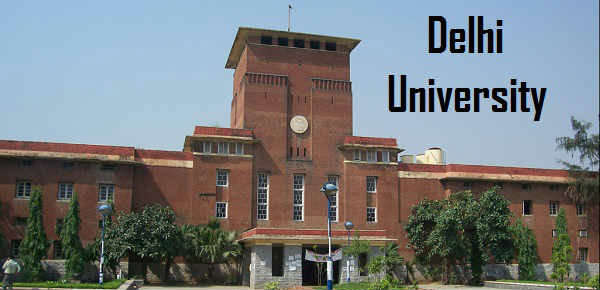Those In Need and You Are Beautiful Project collaborated to bring ‘Global Bubble Parade’ for the second time in New Delhi yesterday, 28th May, 2017.
Through this event, they intended to stop society from defining people by the way they look, dress up, their gender and even their sexual preferences. The theme that they stood for was “Break Beauty Stereotypes”.
Bubble Parade witnessed a large crowd enjoying themselves with bubbles, spreading the message of being comfortable and being ‘WHO YOU ARE’.
The event started with a massive registration for the events. After everyone got their bubble machines, Rangbaaz performed a 20-minute Nukkad Naatak, ‘Shareer’, addressing the issue on body shaming and insecurities, with the crowd cheering them on. After the wonderful performance, Clownsellors, and its volunteers performed many fun activities, which enthralled the audience. Afterwards, the participants performed a 100 meter parade from the dharna point in Jantar Mantar, dancing and laughing, blowing the bubbles all around.
Global Bubble witnessed a lot of communities ranging from North-Easterners, LGBTQ, differently-abled, Africans, most of which have faced the scrutiny because of their appearances and preferences and the event’s motive was to bring people from other parts of the country together, all standing together in solidarity for a tolerable society and to end ‘definitions’ and ‘labels’.
After the event, participants shared their own experiences with everyone and talked about how a positive change is coming gradually but steadily. The crowd around was brimming with happiness and positive vibes to see an event like this happening in Delhi. They were appreciative to see the beauty of non-stereotypical colors and diversity.
Shreya Bhatia, Co-founder of Lending Hands Foundation said, “By bringing Global Bubble parade to New Delhi we wanted to give a message of an inclusive society where we respect each other and find happiness in others’ smile. We find a way to make people happy and make a positive difference in their lives.”
“We really need to stop the society from judging us and defining us by one’s physical appearance – by one’s face, their body, their height; by the way they dress up, by their gender and even by their sexual preferences. This can only be achieved once we start feeling comfortable by the way we are and our preferences. I strongly feel we spread this message through Global bubble Parade this year. It is about bursting those beauty myths set up by the society.” says Aashima Taneja, Founder of You Are Beautiful Project.















